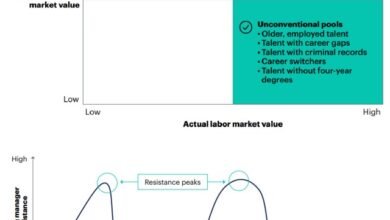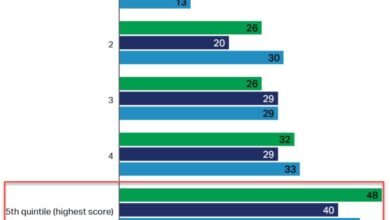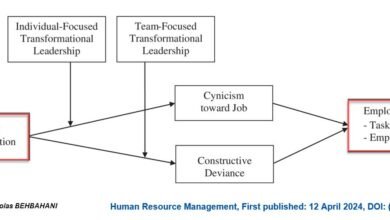A new value agenda is taking shape—are you ready?
Succeeding in a world driven by stakeholder capitalism, shifting sources of value, and accelerated decision making requires a new approach

Source | www.mckinsey.com | Rahul Mathew | Elizabeth Mygatt | Richard Steele
It used to be a given that companies that were disciplined about resource allocation, made bigger bets, and recycled capital faster than competitors were significantly more likely to outperform other players and maximize shareholder returns. These companies made the right investments in three areas: business as usual, transformation, and net new initiatives. But the rules that companies used to rely on for value creation and performance are quickly evolving.
What’s changed? Corporate leaders are caught among three sometimes contradictory forces, all of which shape the new value agenda:
- A stakeholder economy: Leaders need to respond to the pressures that society now places on large companies to address social issues and not just run a profitable enterprise.
- A “winner takes all” competitive landscape: Value is placed on data-rich businesses with scalable tech and visionary companies with “start-up” cultures.
- Large-scale acceleration in every area of the business: The era of incremental change is over. The COVID-19 pandemic showed that decisions that took months could be made in minutes. And often, choosing speed over certainty led to better outcomes.
Now, the core sources of a company’s competitive advantage are the distinctive value it creates, how it generates that value—better and faster than peers, for example—and the granularity with which units, teams, and individuals deliver value. Increasingly, leading organizations are embracing experimentation, learning from failure, and betting on growth as they understand the value agenda.
In order to sharpen your new value agenda, three key actions are necessary:
- Redefine your investment sweet spot
Businesses’ social responsibility, actions, and investments have long been part of the conversation, but they were mostly a side effort managed through corporate social responsibility (CSR) campaigns. Profit, rather, was at the heart of decision making, and employees who earned stock were aligned with that.That’s not the case today. Social responsibility and how a company addresses, acts on, and invests in societal issues are critical in the eyes of all stakeholders, including employees who want to hold companies accountable. We’re seeing investments and business models reflect that. The new investment sweet spot is at the intersection of a company’s purpose, value as its economic core, and its culture.






